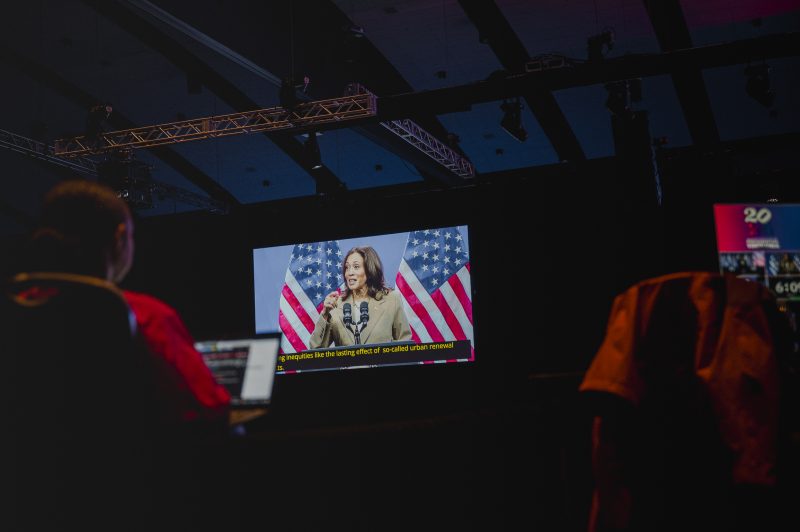In the digital age of politics, social media has become a battlefield for campaigns to influence public opinion and sway voters. The power of online marketing and communication cannot be underestimated, and in the 2020 United States presidential election, the Trump campaign has leveraged this medium to attack Vice Presidential candidate Kamala Harris on the issue of crime. However, the tactics employed by the Trump campaign in these attacks raise concerns about misinformation and the propagation of racist tropes.
One of the key strategies used by the Trump campaign is the dissemination of misleading posts that paint Kamala Harris in a negative light regarding her approach to crime. By cherry-picking information and presenting it out of context, the campaign aims to create a false narrative that Harris is soft on crime or supportive of criminals. This tactic is not new in political campaigns, but in the age of social media, such misinformation can spread rapidly, reaching a wide audience and influencing public opinion.
Moreover, the Trump campaign’s attacks on Kamala Harris also involve the use of racist tropes. By portraying Harris, a woman of color, as lenient on crime, the campaign taps into harmful stereotypes that have long been used to demonize minority communities. This tactic not only undermines Harris’s record and credentials but also perpetuates harmful narratives that have real-world consequences for marginalized groups.
The weaponization of misleading posts and racist tropes to attack political opponents is a troubling trend in modern politics. By distorting facts and appealing to base instincts, campaigns risk further polarizing the electorate and deepening divisions within society. In an era where information travels at the speed of light, it is crucial for voters to critically evaluate the content they encounter online and be vigilant against attempts to manipulate their opinions through misinformation and prejudice.
As the 2020 presidential election unfolds, it is essential for voters to engage with a critical eye and seek out reliable sources of information. By staying informed and questioning the narratives presented to them, voters can resist the influence of misleading posts and racist tropes, and make informed decisions at the ballot box. In the digital age of politics, the power to shape the future lies in the hands of the voters, and it is up to each individual to exercise that power responsibly.


























